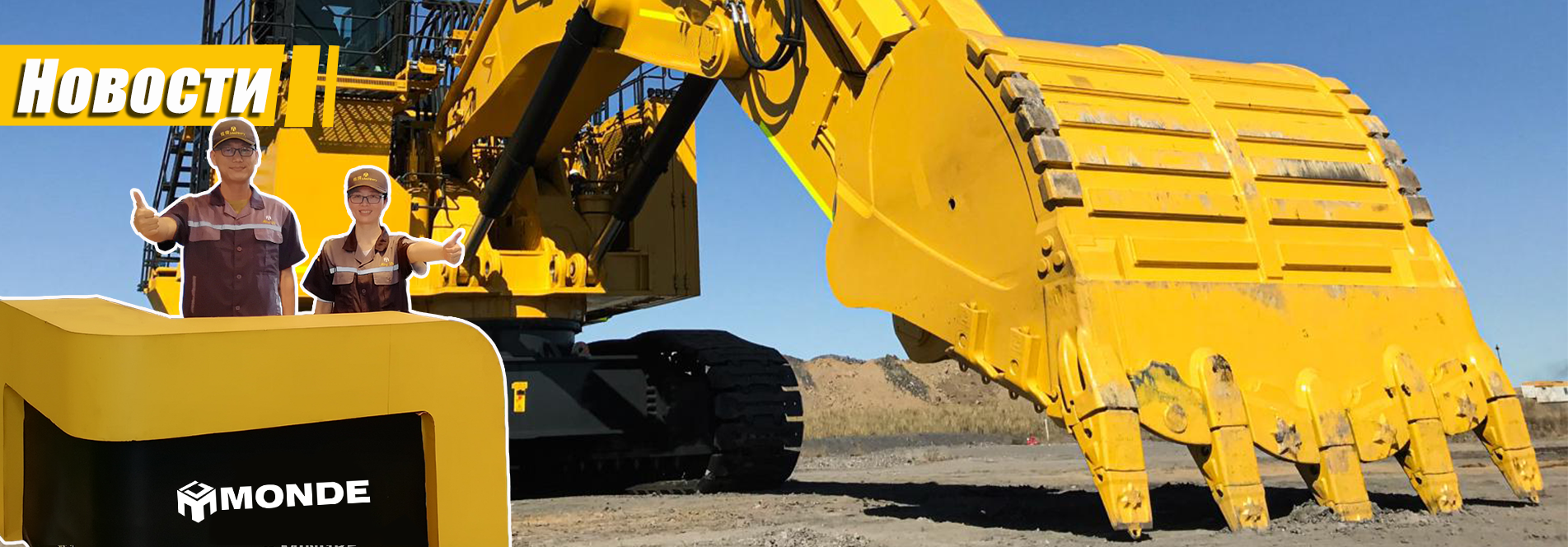In the long-term use of the excavator wood clamp, some problems will inevitably occur. Once the equipment has a problem, it will affect its use. In order to ensure the normal operation of the equipment, you need to master some maintenance methods when using the excavator wood clamp.

Maintenance method of excavator wood clamp:
1. Clean the dirt on the surface of the wood clamp and check for loose fasteners.
2. Check whether the antifreeze liquid level and the oil level of the engine oil are normal, check whether the oil quality of the engine oil is normal, and check the antifreeze level of the fuel.
3. If the weather is extremely cold and the wood clamp of the excavator has a long downtime, please drain the engine coolant cleanly. At the same time, in order to prevent the battery from feeding, the battery needs to be removed and placed in a warm place for storage.
4. Start the engine once at intervals. If the antifreeze liquid level and the engine oil level are lower than the normal oil level, please add it to the normal level in time before starting. In cold weather, put the key in the preheating position until the preheating light is on (preheating repeatedly), and then start the wood clamp engine of the excavator.
5. Replace the diesel filter of the wood clamp of the excavator. The oil should be replaced with the locally applicable thickened oil. The oil filter should also be replaced. The hydraulic system should be replaced in time if there is oil leakage. If possible, the oil tank should be kept warm.
6. the heat dissipation system should be carefully checked for aging and breakage of the hose, and if there is any problem, it should be replaced in time because these places are more prone to problems in winter. If you have conditions to provide hot water, the water tank is recommended to heat the water every day so that it can start the engine better, but be careful not to forget to release the water. The reason why the addition of antifreeze is not recommended is because it is more difficult to start the engine when adding antifreeze in a particularly cold area.


